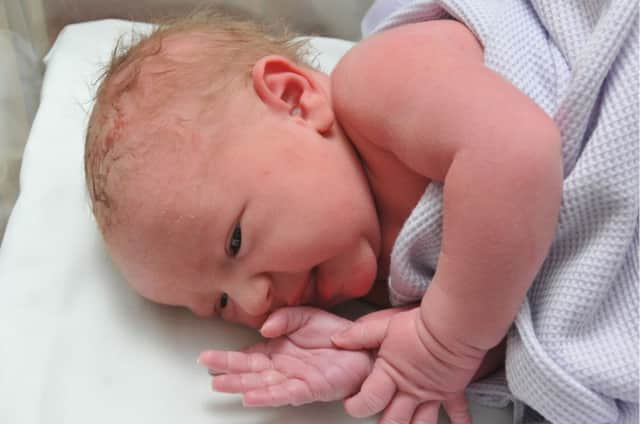Having a nap helps infants’ memory develop, Sheffield researchers find


Babies devote the majority of their time to sleeping, but until now very little was known about the links between sleep and the unprecedented levels of growth and development that take place during their first year of life.
In a study, which is the first of its kind, researchers from Sheffield University and Ruhr University Bochum, Germany, found sleeping like a baby is extremely important in “declarative memory consolidation” – such as retaining facts, events and knowledge.
Advertisement
Hide AdAdvertisement
Hide AdResearchers explored whether daytime sleep after learning helped babies to remember new behaviour. The study focused on 216 healthy six to 12-month-old infants and tested their ability to recall newly learned skills.
The youngsters were shown how to remove and manipulate a mitten from a hand puppet and were given the opportunity to reproduce these actions after delays of four and 24 hours.
Infants who did not nap after learning were compared with infants who napped for at least 30 minutes within four hours of learning the target actions.
The study, which is published in the Proceedings of the National Academy of Sciences of the United States of America (PNAS), showed that only infants who had napped after the learning activity remembered the target actions whilst those who had not napped showed no evidence of remembering the new information and behaviour.
Advertisement
Hide AdAdvertisement
Hide AdAfter a 24-hour delay children in the napping group also exhibited significantly better recall compared with infants in the no-nap group.
Researcher Dr Jane Herbert said: “These findings are particularly interesting because they suggest the optimal time for infants to learn new information is just before they have a sleep.”